
Jean-Baptiste Poquelin, also known by his stage name, Molière, was a French playwright and actor who is considered one of the greatest masters of comedy in Western literature. Among Molière's best-known dramas are Le Misanthrope, (The Misanthrope), L'Ecole des femmes (The School for Wives), Tartuffe ou l'Imposteur, (Tartuffe or the Hypocrite), L'Avare ou l'École du mensonge (The Miser), Le Malade imaginaire (The Imaginary Invalid), and Le Bourgeois Gentilhomme (The Bourgeois Gentleman). From a prosperous family and having studied at the Jesuit Clermont College (now Lycée Louis-le-Grand), Molière was well suited to begin a life in the theatre. Thirteen years as an itinerant actor helped to polish his comic abilities while he also began writing, combining Commedia dell'Arte elements with the more refined French comedy. Through the patronage of a few aristocrats including the brother of Louis XIV, Molière procured a command performance before the King at the Louvre. Performing a classic play by Pierre Corneille and a farce of his own, Le Docteur amoureux (The Doctor in Love), Molière was granted the use of Salle du Petit-Bourbon at the Louvre, a spacious room appointed for theatrical performances. Later, Molière was granted the use of the Palais-Royal. In both locations he found success among the Parisians with plays such as Les Précieuses ridicules (The Affected Ladies), L'École des maris (The School for Husbands) and L'École des femmes (The School for Wives). This royal favour brought a royal pension to his troupe and the title "Troupe du Roi" (The King's Troupe). Molière continued as the official author of court entertainments. Though he received the adulation of the court and Parisians, Molière's satires attracted criticisms from moralists and the Church. Tartuffe ou l'Imposteur (Tartuffe or the Hypocrite) and its attack on religious hypocrisy roundly received condemnations from the Church while Don Juan was banned from performance. Molière's hard work in so many theatrical capacities began to take its toll on his health and, by 1667, he was forced to take a break from the stage. In 1673, during a production of his final play, Le Malade imaginaire (The Imaginary Invalid), Molière, who suffered from pulmonary tuberculosis, was seized by a coughing fit and a haemorrhage while playing the hypochondriac Argan. He finished the performance but collapsed again soon after, and died a few hours later. In his time in Paris, Molière had completely reformed French comedy.
Series
Books
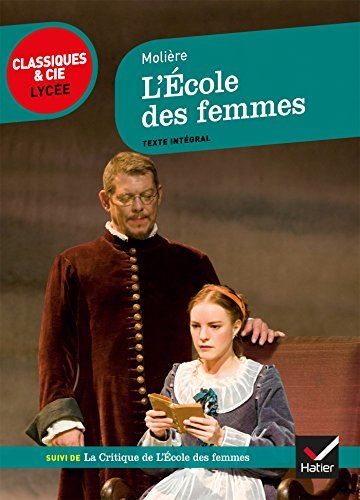
L'École des femmes
suivi de La Critique de L École des femmes et d un cahier « Mises en scène »
2018

Tartuffe and Other Plays
1960
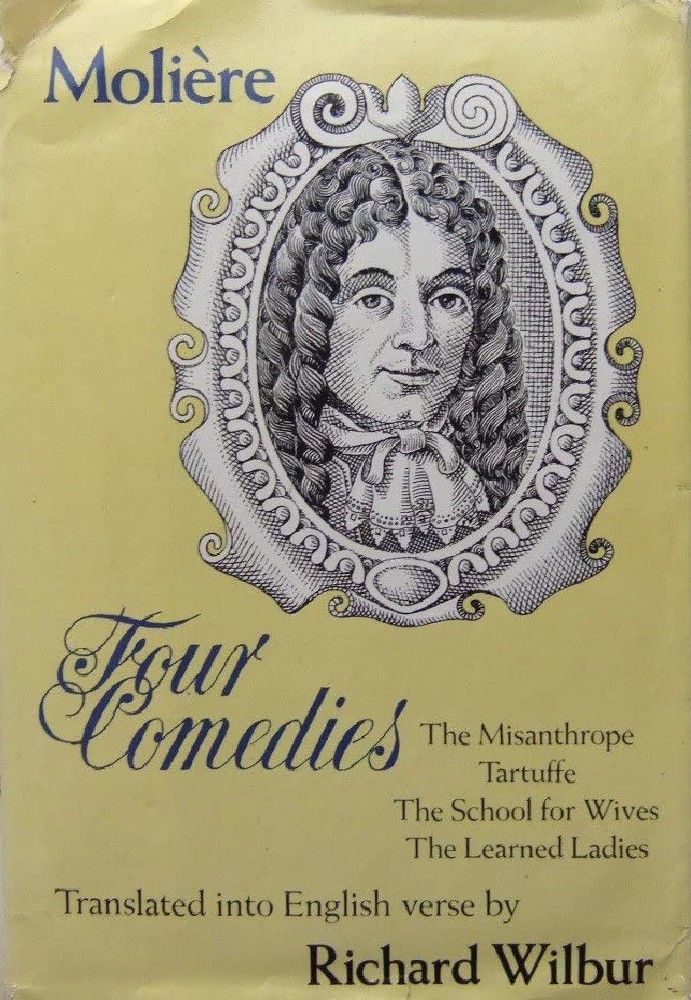
Four Comedies
The Misanthrope, Tartuffe, The Learned Ladies, The School for Wives
1982

The Misanthrope, Tartuffe, and Other Plays
1959

Amphitryon
1668

Las preciosas ridículas / Las mujeres sabias
1659

Les Précieuses Ridicules
1659
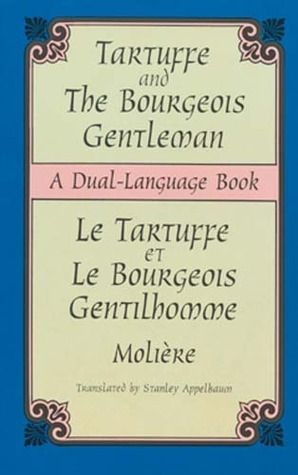
Two Plays of Moliere
Tartuffe & The Would-Be Gentleman
1963
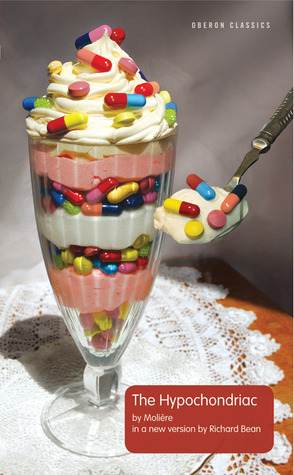
The Hypochondriac
1673

Il tartufo - Il malato immaginario
1668

Moliere
1970

Les Fâcheux
1661

The Misanthrope / Tartuffe
1666

Le Dépit Amoureux
1656

La Critique de L'École des Femmes
1663

L'Étourdi ou Les Contre-Temps
1655

L'École des femmes - La Critique de l'École des femmes
2018
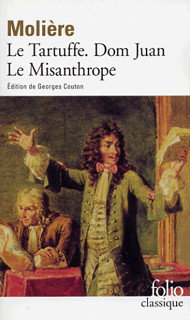
Le Tartuffe - Dom Juan - Le Misanthrope
1668
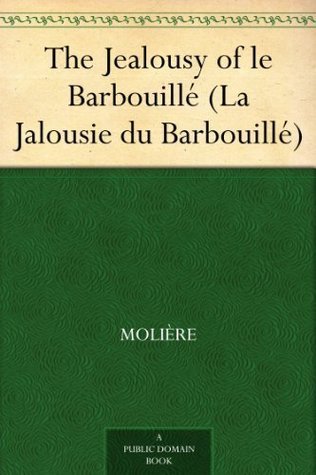
La Jalousie Du Barbouillé
1660

The Plays of Molière
1903
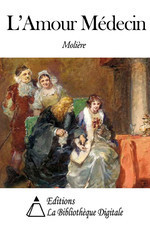
L'Amour Médecin
1665

The Complete Harvard Classics 2021 Edition - ALL 71 Volumes
The Five Foot Shelf & The Shelf of Fiction
1722

The Flying Doctor
1645
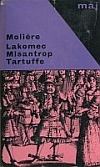
Lakomec / Misantrop / Tartuffe
1966
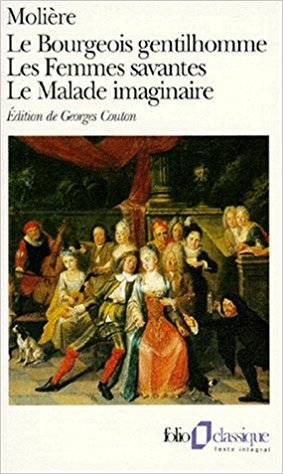
Le Bourgeois Gentilhomme / Les Femmes Savantes / Le Malade Imaginaire
1670

Le Médecin Malgré Lui
1666

L'École des Femmes
1662

Het Gedwongene Huuwelyk
Blyspel In Vaerzen Aan Bezondre Maat, Noch Rym Gelanden
1981
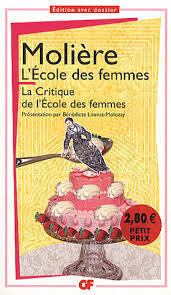
L'�cole Des Femmes
Suivi de la Critique de l'�cole Des Femmes
1989
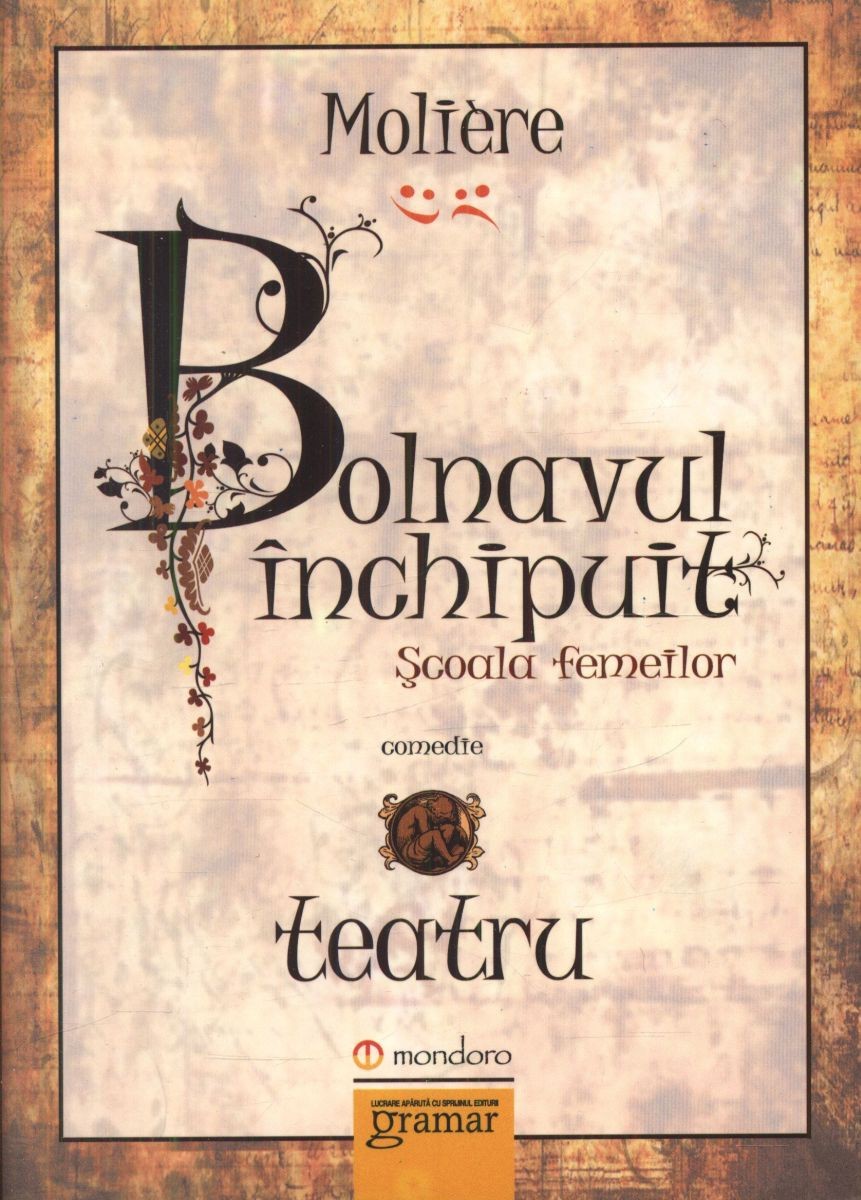
Bolnavul inchipuit. Scoala femeilor
1673
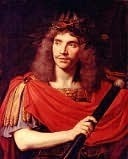
The Countess of Escarbagnas
1643

L'Avare Le misanthrope Le bourgeois gentilhomme
2000
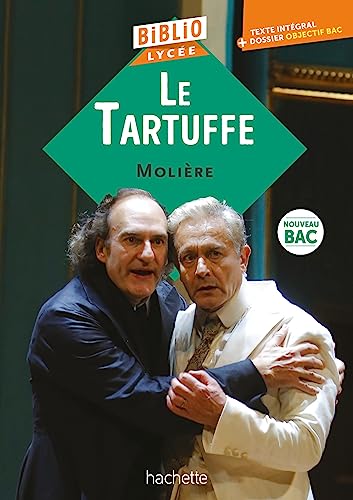
Bibliolycée - Le Tartuffe, Molière
2023
Le Bourgeois Gentilhomme
1670
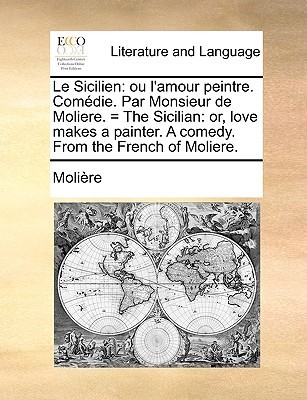
Le Sicilien ou L'amour peintre
1667

Tartuffe
Born Again
1997
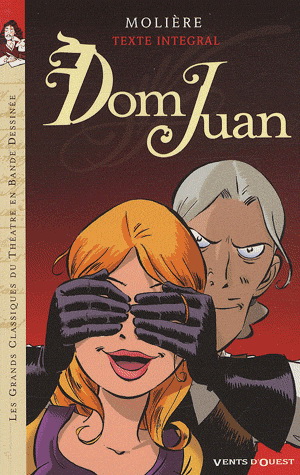
Dom Juan
2008

The Misanthrope and Other Plays
1666
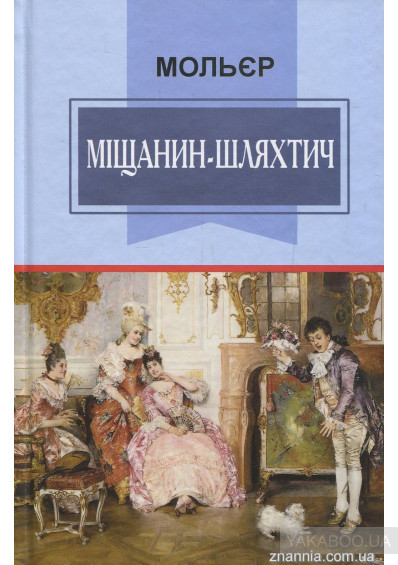
Міщанин-шляхтич
2017
La Jalousie du Barbouillé / Le Médecin Volant
1907
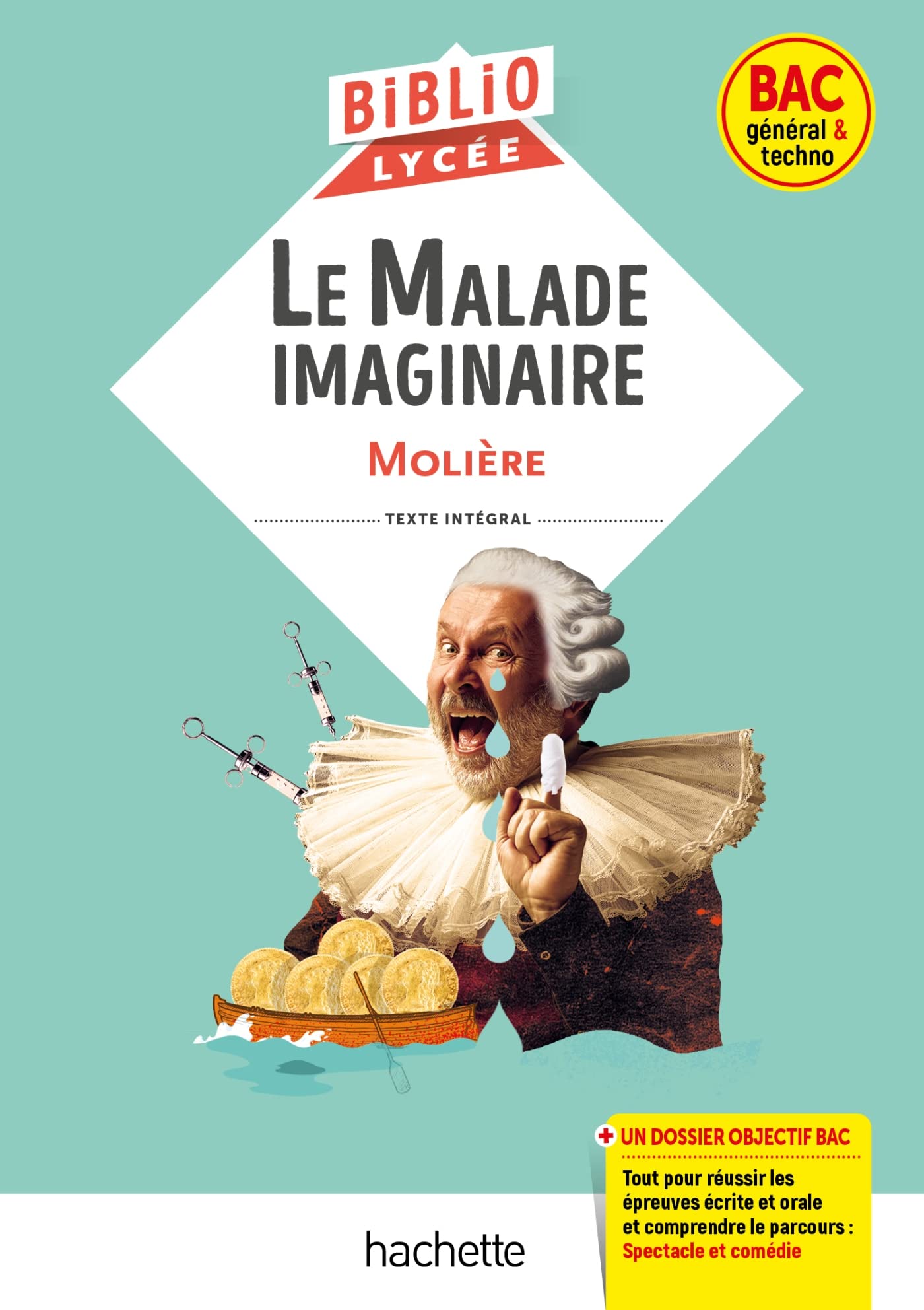
BiblioLycée - Le Malade imaginaire, Molière
Parcours : Spectacle et comédie
2022

Tartuffe
1664

One-Act Comedies of Molière
1975

The Misanthrope
1666

El enfermo imaginario / El médico a palos
1666

Les Fourberies de Scapin
1668
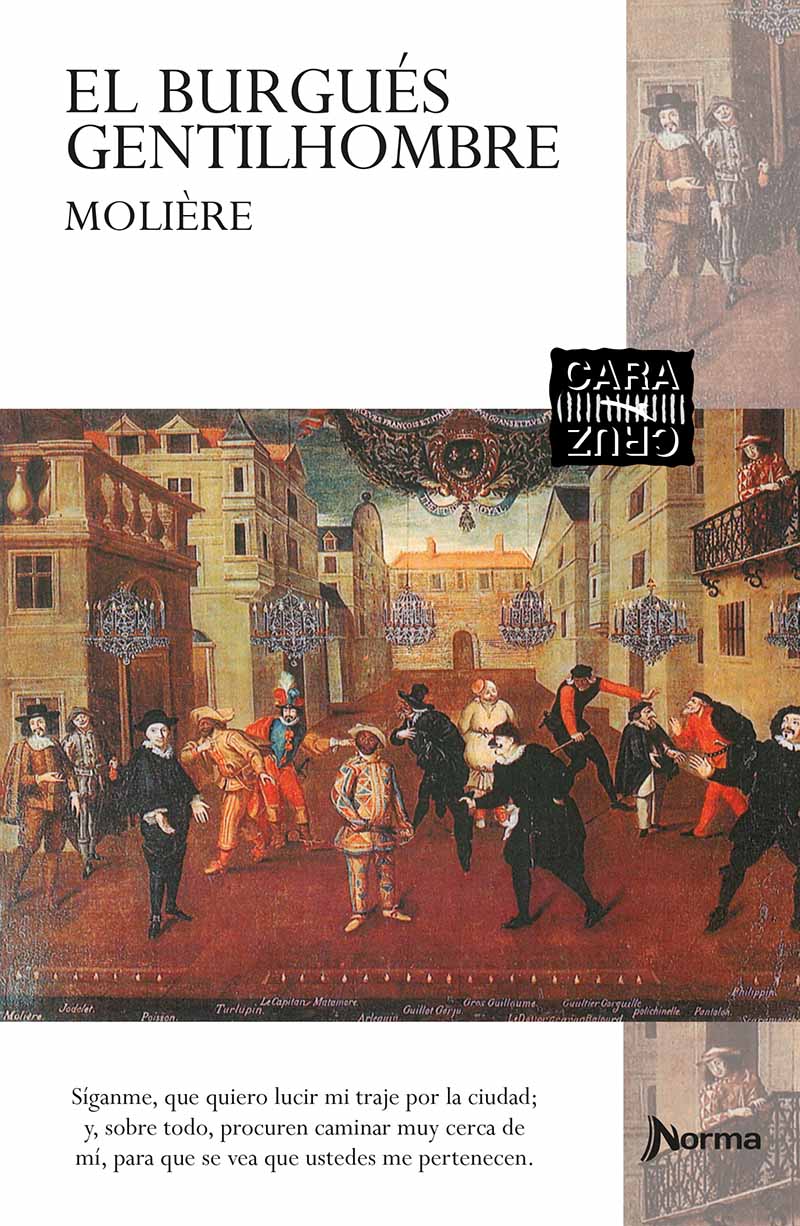
El burgués gentilhombre
1900

Monsieur de Pourceaugnac
1669

The Molière Collection
2010
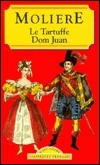
Le Tartuffe / Dom Juan
1665

Oeuvres complètes
1862

The School For Husbands / Sganarelle, or The Imaginary Cuckold
1992

Les Femmes Savantes
1672
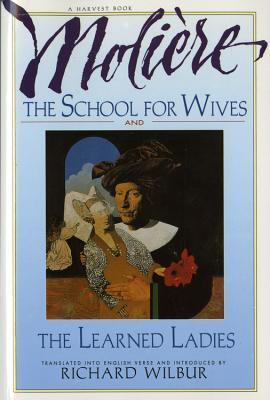
The School for Wives / The Learned Ladies
1656

The Impromptu at Versailles
1663

Don Juan
1665

Five Plays
1668
Comedias
1682
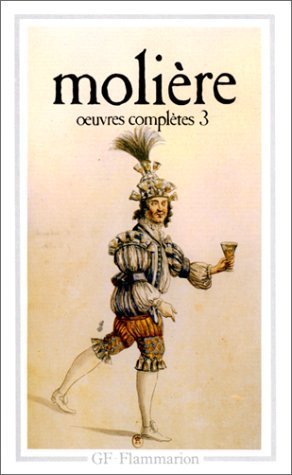
Œuvres complètes 3
2009

Le Bourgeois Gentilhomme
1670

Tartufo, El Avaro
1668

Psyche
1671
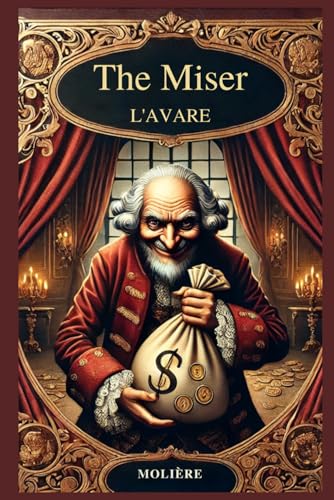
The Miser
MOLIÈRE
2024

The Magnificent Lovers
1670

L'avare
1668

The Miser and Other Plays
1953

Don Juan and Other Plays
1721

George Dandin
1668

The School for Husbands
1661

Le Médecin Volant / Sganarelle
1645

The Imaginary Cuckold
1660